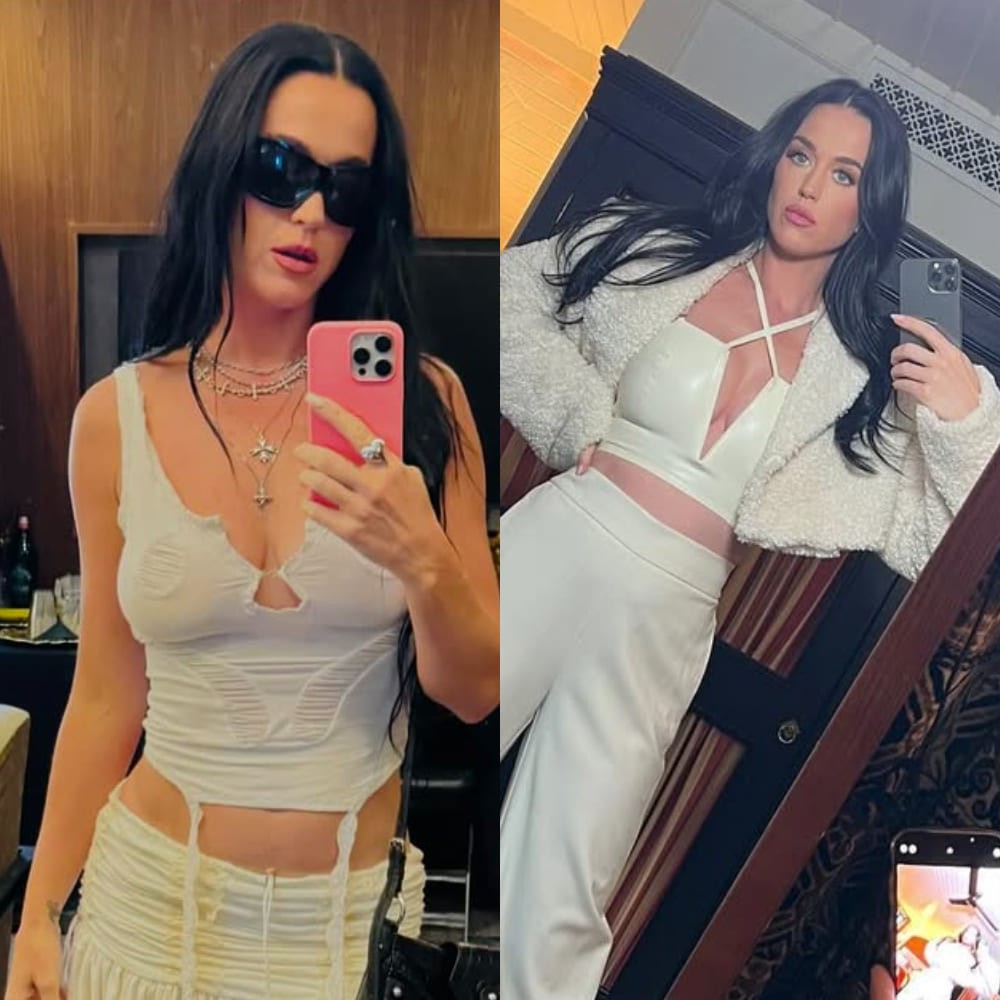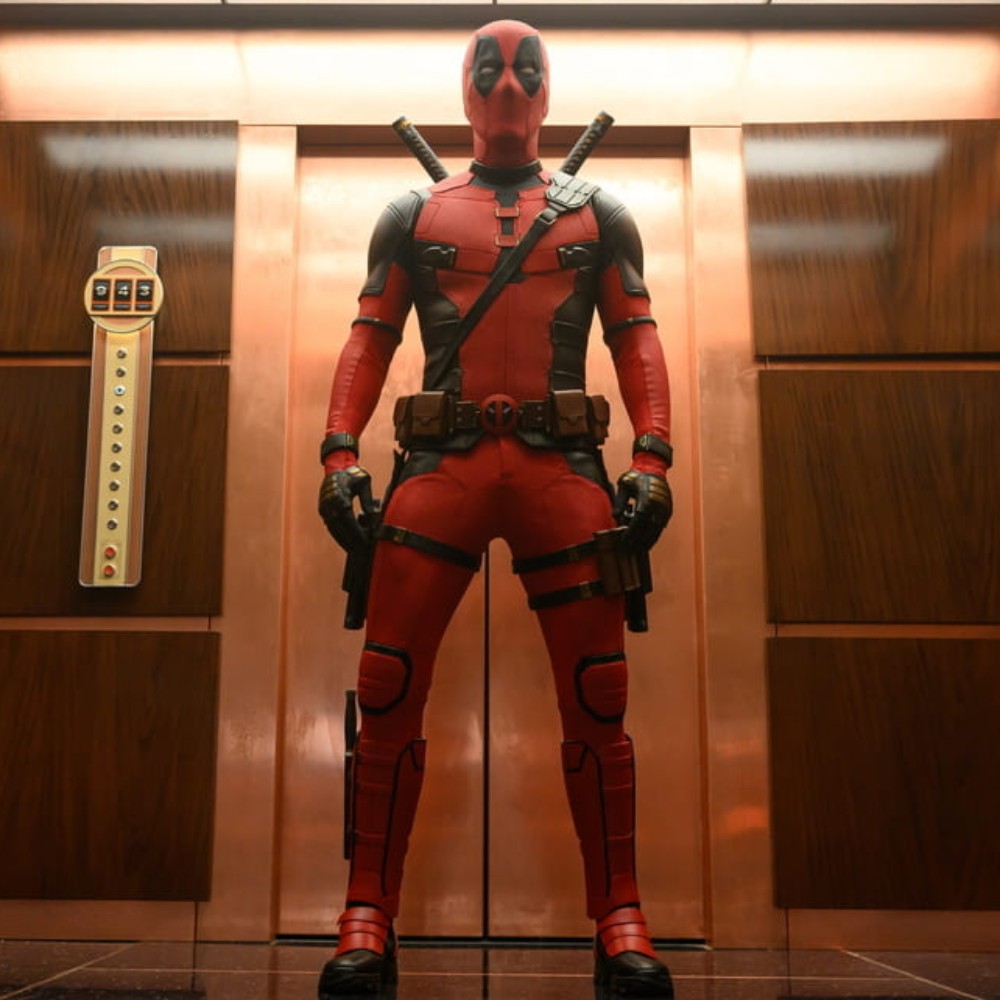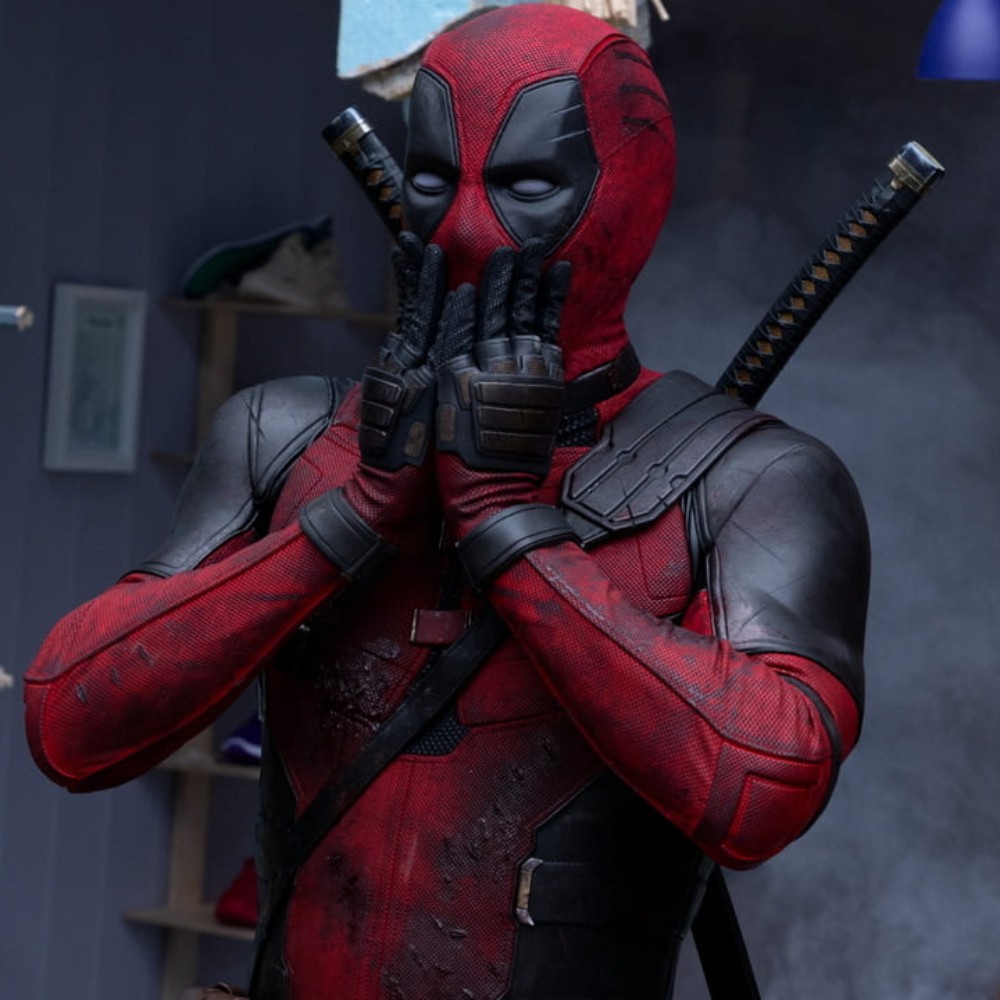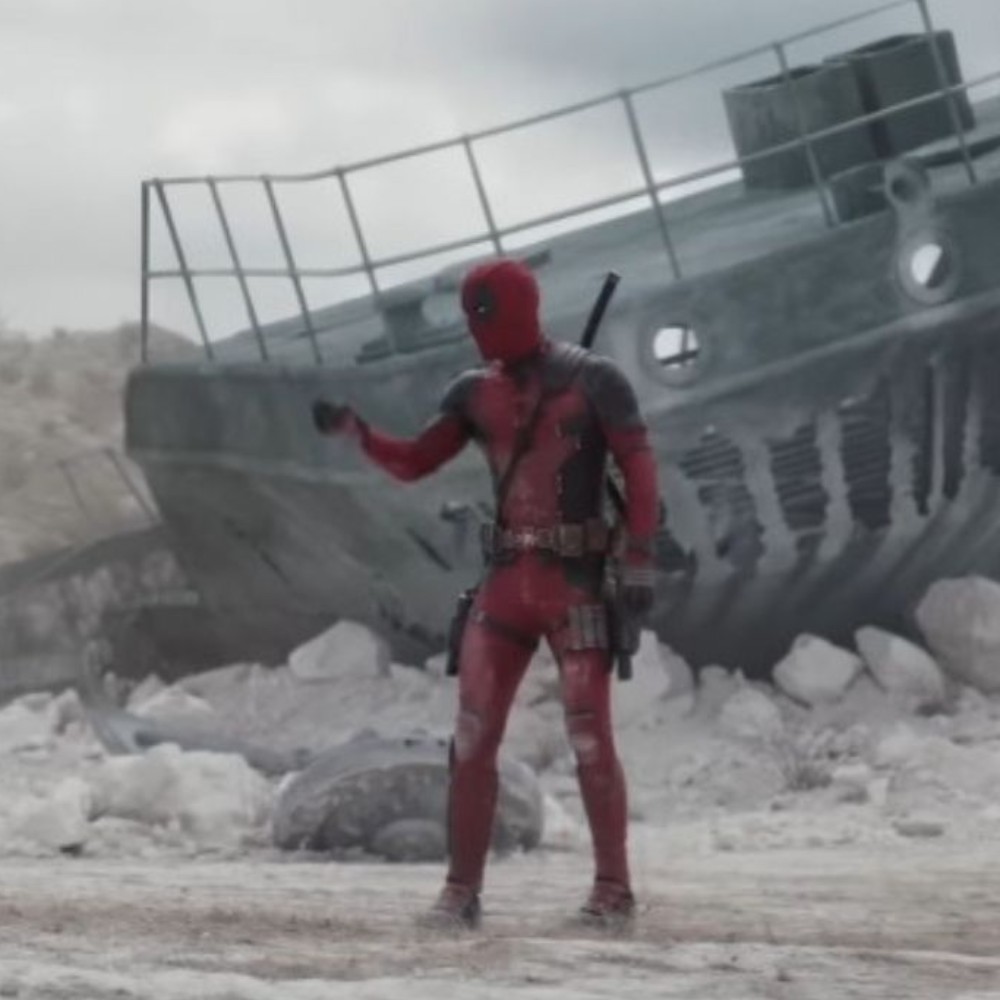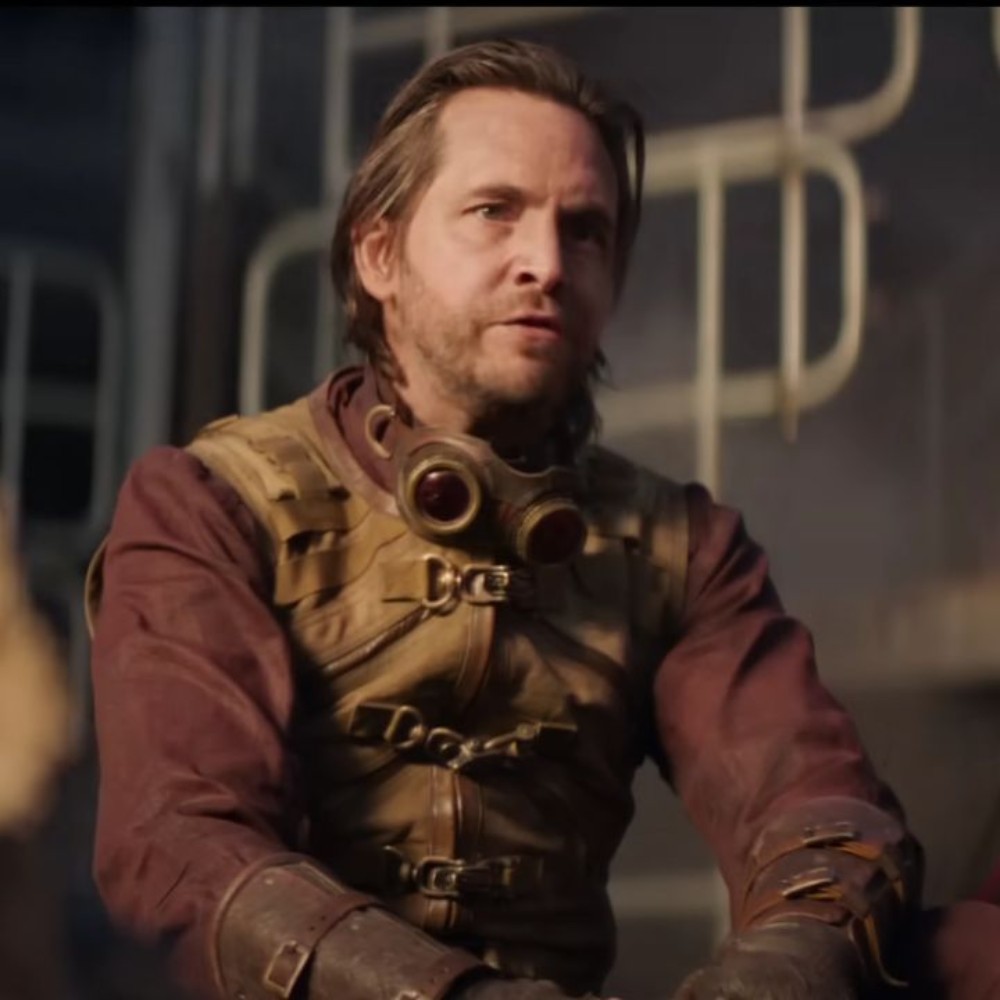Why Were The X-Men Absent From MCU All This While? Deadpool & Wolverine Fan Theory Explored
Hugh Jackman returns as Wolverine in Deadpool & Wolverine, potentially explaining the X-Men's MCU absence. Theories suggest Wolverine's tragic past could be the reason mutants haven't appeared.
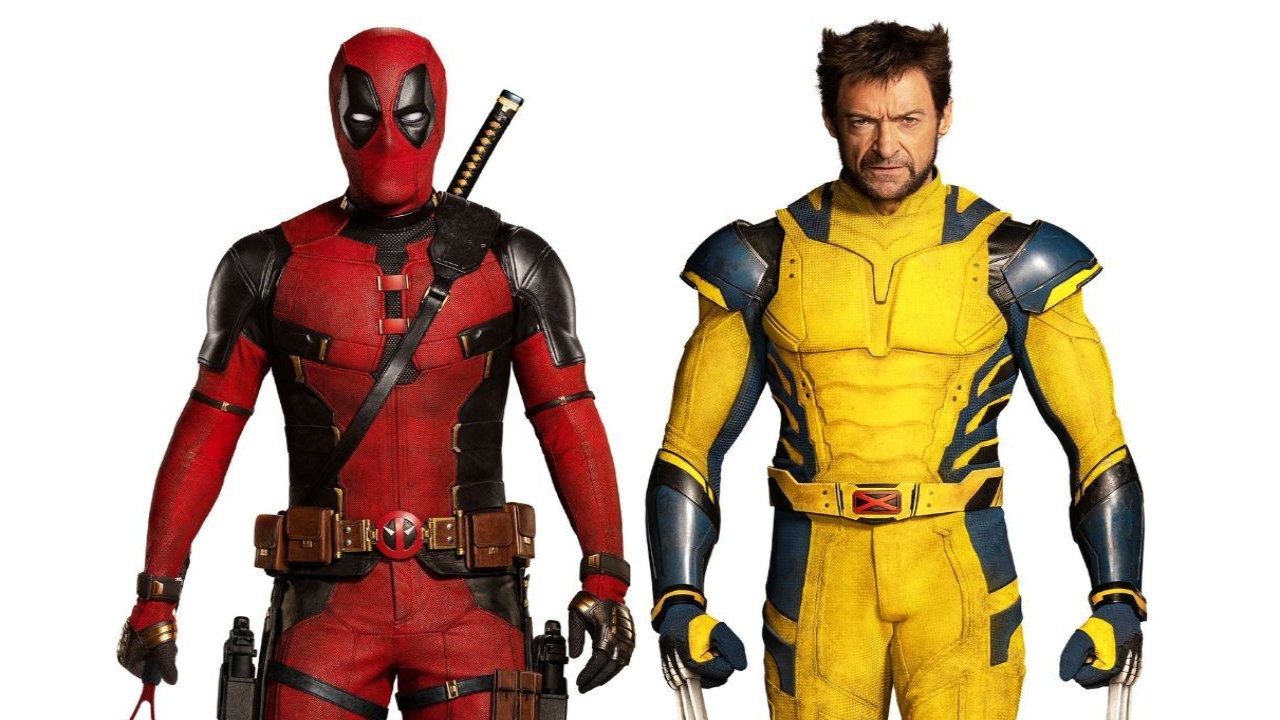
-
Hugh Jackman reprises his role as Wolverine in Deadpool & Wolverine
-
A popular theory suggests Wolverine's tragic past led to his disappearance
Hugh Jackman, the star of Wolverine, has become an iconic character in X-Men. Marvel fans have eagerly anticipated Fox’s acquisition by Disney and the integration of X-Men into their Marvel Cinematic Universe. Deadpool & Wolverine is scheduled to be released in 2024 and it will be a game changer.
This film marks the first time that newly acquired movie franchises are used by Marvel Studios. Hugh Jackman plays Wolverine again while Ryan Reynolds reprises his Deadpool role. The news about this return has ignited a lot of curiosity and debates, especially because he was last seen in Logan (2017).
The missing element on X-Men
Deadpool & Wolverine proposes an intriguing theory about why the X-Men are not in the MCU. A Reddit user named yoyofro25 has suggested an interesting idea that could shed some light on this mystery, especially considering Jackman's portrayal of Wolverine as a villain before those events unfolded.
The trailer for the movie shows another version of Wolverine who seems to have let down his world, thus there have been many assumptions around this video. One leading hypothesis is that this could be how our mutant heroes met their end. In this theory, the actions of Wolverine were probably due to mind control by Cassandra Nova, which led to the deaths of other mutants, including the X-Men themselves.
In the comics, Cassandra Nova is known for inflicting massive damage, such as causing genocide in Genosha where millions died mysteriously at once. Among them were some mutants who, until now, have never appeared in any MCU movies. This might explain why they haven’t shown up yet. In bars full of grief, Logan drinks every day trying to forget what he did.
Comic book parallels
The notion that Wolverine killed the X-Men is not new. For example, Mysterio tricks Wolverine into killing all his fellow mutants, believing they were his enemies instead, in the Old Man Logan comic. The 2017 film Logan was inspired by this very dark storyline.
Similarly, Cassandra Nova has perpetrated atrocities on mutants, such as orchestrating a massive Sentinel attack on Genosha. Marvel’s X-Men ‘97 also just did this storyline recently but with different villains.
These dark pasts give credence to the idea that Wolverine’s tragic actions could have influenced the present MCU. If Wolverine killed the X-Men in the MCU, then there is a good reason why they are not around, which aligns with the way Marvel Studios introduced mutants gradually via multiverse cameos.
What lies ahead for X-Men in the MCU
However, there are still ways the X-Men could join the MCU despite all these assumptions. Within the Multiverse Saga, incursions refer to situations when two universes come into a collision course, resulting in the destruction of either or both of them.
This suggests that X-Men’s Earth may merge with the main MCU Earth, and its mutant population would survive. Moreover, another option might be an MCU reboot following Avengers: Secret Wars, after which new series could present themselves, among whom could be the X-Men alongside other big heroes such as Captain America and Iron Man.
Deadpool & Wolverine will prove to be a significant milestone in the development of the MCU, which can tell us why there were no X-Men during all these years while simultaneously preparing grounds for their future resurrection too.
The movie can act as a link between Fox's universe of X-Men and Marvel Studios' MCU due to Hugh Jackman's comeback and the darker themes explored, thus providing a glimpse of how mutants will come out in full force through Marvel films in the future.
ALSO READ: Will There Be A X-Men ‘97 Season 2? Everything We Know So Far





 JOIN OUR WHATSAPP CHANNEL
JOIN OUR WHATSAPP CHANNEL



















